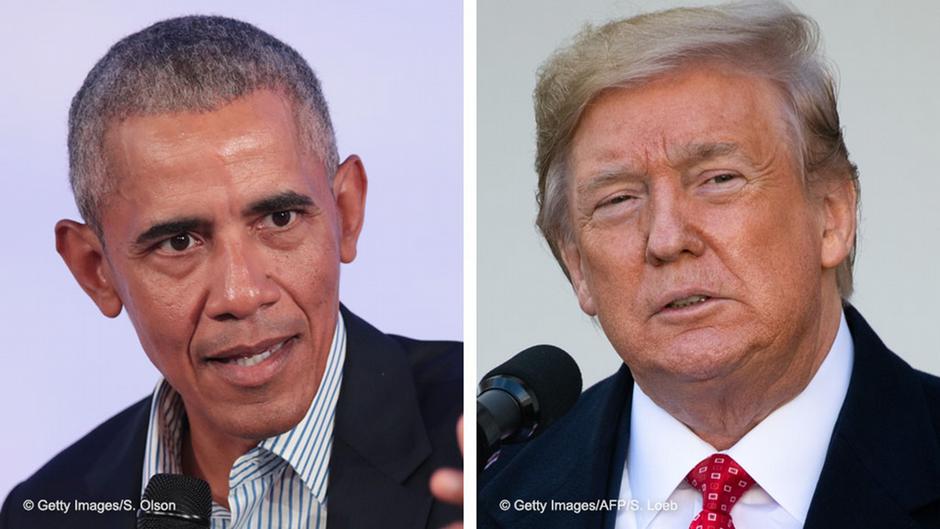
US Public Image in Middle East Further Collapses
(China) on 20 November 2019
by Ding Long (link to original)
Following the third Arab-Israeli War in 1967, Israel began building settlements in the occupied West Bank and East Jerusalem. Jewish settlements on the West Bank have existed for more than 40 years, with more than 120 structures built housing more than 400,000 inhabitants. Another 200,000 Israelis live in East Jerusalem. Israel has built settlements on a large scale for two main reasons: first, to resettle Jewish immigrants from all over the world. But more importantly, the settlements have created a fait accompli, making its occupation of the Palestinian territories long term and legal.
While the facts show one thing, the law and morality show another. Although there have been demands from Israel to include its settlements in recognized Israeli territory, according to both international and Israeli domestic law, these settlements do not belong to Israel. A number of United Nations resolutions opposed Israel’s construction of the settlements and considered them to be in Occupied Palestinian Territory. Therefore, the existence of these settlements violates international law and the consensus of the international community. No matter how large they are or how long they have stood, it is still unauthorized construction. No one can change the illegality of Jewish settlements.
In his statement, Pompeo said that international law does not promote peace: “The hard truth is that there will never be a judicial resolution to the conflict, and arguments about who is right and who is wrong as a matter of international law will not bring peace.” Declaring international law to be useless seems to be pragmatic. In essence, this is an attempt to legitimize current injustice and unfairness at the expense of international morality and the sovereignty of the Palestinians.
In fact, the United States has held a consistent and clear position toward the issue of the settlements. In 1978, the U.S. government published a legal opinion on the subject, the "Hansell Memorandum." According to this document, Israel’s settlements on Palestinian land violate international law. Since then, the United States has adhered to the spirit of the document and opposed Israel’s construction of settlements. The Trump administration recognizes that the legalization of the settlements not only violates international law, but also goes against deep-rooted U.S. policy. This means that the United States has abandoned the last of its respect for international law and relevant U.N. resolutions.
After the Trump administration took office, it adopted the idea of a “doubly opposed guarantee, and one supported guarantee,” as a core tenet of Middle East policy; that is, maintaining anti-Iranian and anti-terrorism policies to protect the interests of Israel. The United States is attempting to consolidate its allies by embracing one ally while attacking another. This is done with the aim of reducing investment in the Middle East and playing the role of offshore mediator. Under this policy, the U.S. has followed the way of the Japanese in gradually eroding the relevant principles of the two-state Solution that previous U.S. governments have adhered to. The United States moved its embassy in Israel to Jerusalem, closed the Palestinian Liberation Organization office in the United States, stopped providing financial assistance to the United Nations Relief and Works Agency for Palestine Refugees in the Near East, ended the U.S. Agency for International Development mission in the West Bank and the Gaza Strip, and is now recognizing Israeli settlements as legal. The Trump administration is not without a solution to the Palestine issue, but the long-awaited "deal of the century" has not yet been revealed because it is unjust and will surely be opposed by most countries.
According to the information disclosed at the Manama Workshop, the main content of this "deal of the century" is to grant the Palestinians a small favor at the cost of a drastic reduction in Palestinian sovereignty. This plan seems to be aimed at improving the Palestinian people's livelihood, but its real purpose is to cheat them. At the heart of the Palestinian-Israeli conflict is the Israeli occupation of Palestinian territories. This is a political issue. Although Palestine needs to develop its economy and improve the livelihood of its citizens, this does not mean that the Palestine issue can be considered an issue of economics and governance. If the United States makes settlements legal and implements a so-called deal of the century, it will subvert the principle of trading land for peace and overturn the consensus of the international community on the Palestine issue. This will deprive Palestine of the right to establish a state, and will instead legalize the Israeli occupation. In this case, it will be impossible to begin peace talks between Palestine and Israel.
The problem of settlements is highly sensitive and the Palestinians see it as a wedge that has been inserted into Palestinian territory. Acknowledging the legality of settlements serves to legitimize Israel’s occupation of the Palestinian territories. This risky decision buries the two-state solution, and at the same time, buries the credibility of the United States. The title of Middle East Peace mediators that the U.S. has built for itself over the past few decades will collapse and incite anti-Americanism and violent extremism. If the U.S. acts in this way, the country is doomed.


